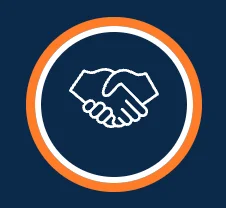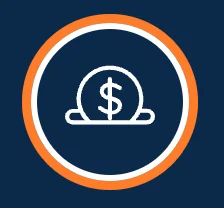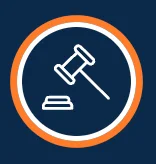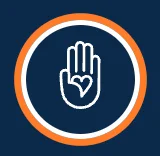Car accidents can result from speeding, inattention, or mechanical failures. But some accidents are caused by road rage. A road rage accident is hardly an accident at all but rather the result of aggressive driving and inappropriate actions by a driver on the road.
Jordan Law Center explains the steps to take if you’re involved in a road rage accident.
10 Steps To Take After a Road Rage Accident
1. Call the police
A road rage accident is an emergency. You may be at risk for assault by the aggressor, including with their vehicle or a weapon.
When a crash does occur as a result of road rage, the aggressor is more likely to flee the scene of the accident. As such, if you are injured in the accident, the other party is less likely to seek medical attention for you or others.
It is important that you call the police when you are the victim of road rage. They can investigate the accident, determine the role of road rage in the crash, and work to identify the responsible party.
2. Address your immediate safety.
When road rage occurs, you must be mindful of your safety. It may not be safe to stop where there are no others present or to approach the driver. It may be best to stay in your vehicle or stop somewhere else until law enforcement can arrive.
When road rage occurs, a victim must evaluate their safety. The correct response may vary based on the circumstances. It may be hard to assess the state of mind of the aggressor, whether they have weapons, and how to stay safe. Always err on the side of caution.
You may need to communicate with law enforcement about where you are stopped and your safety concerns.
3. Remember what you can
Any detail about a road rage accident may be important. Of course, it can be hard to remember details in a stressful situation. Try to note a description of the offender. Look at the color, make, and model of the vehicle. Do your best to remember the events of the accident and the actions of each driver. Note anything unusual. If you can see the license plate, write it down as soon as possible. You may not remember it all, but note as much as you can.
The police can build on your information, and these details can help catch the offender and prove the case.
4. Share your suspicions
You can tell law enforcement that you suspect the incident is the result of road rage. Give them specific facts that make you believe road rage occurred. Stay calm when you talk to law enforcement. Let them take the investigation from there.
5. Report the accident to your insurance
The insurance company needs to know that the accident occurred so tell them as soon as possible. You can provide additional information after your initial report.
6. Understand fault
Most car accident claims are based on negligence. However, road rage isn’t negligent. It’s reckless or even intentional misconduct, making it more serious than negligence.
Actions that stem from road rage are strong proof of fault for an accident, but comparative negligence may still apply. The victim must prove how the other driver’s actions resulted in harm.
7. Work with a lawyer quickly.
A lawyer may be beneficial for many accident victims. After a road rage accident, a lawyer can be especially helpful. A lawyer can help preserve evidence. They are trained in cross-examinations and how to elicit evidence through formal discovery. A lawyer can also handle tense conversations with a hostile defense or reluctant witnesses.
8. Get the police report
When an accident results from road rage, it’s not always safe to speak to the defense or witnesses. There may be valuable information in the police report that you may not get in other ways. Your lawyer can help you build on the police report.
9. Consider punitive damages
Punitive damages may be claimed if the defendant’s conduct is especially offensive. A lawyer can help you plead and prove punitive damages, if appropriate.
10. Understand civil liability and criminal charges.
Road rage accidents may result in criminal charges. That’s a good thing—a road rage driver should be held accountable.
Reckless driving, assault, assault with a dangerous weapon, manslaughter, and traffic infractions may be issued for a road rage driver.
Criminal charges do not preclude civil liability.
You may bring a claim for compensation whether or not the offender is criminally charged.
Types of Road Rage Accidents
Road rage results in aggressive driving.
A person may be upset by another person’s actions on the road. Their perception may or may not be correct. Either way, the person is upset, and this emotion carries into dangerous driving behavior. For example, a driver may choose to tailgate another driver that they think has slighted them. They may cut off a driver who they think cut them off.
The driver with road rage may not intend to cause an accident. However, their actions may be negligent or reckless. This absence of care, emotionally charged, may result in a collision.
Intentional collision as the result of rage
Someone may become so enraged because of a situation on the road that they cause an accident on purpose. A driver may intentionally run into another vehicle from behind, sideswipe the vehicle, or run the vehicle off the road. In a moment of anger, a driver may do things to cause a collision.
Rage following an accident
Road rage may occur after an accident. Being in an accident is upsetting—that’s normal.
However, a person’s aggressive reaction may pose a safety risk.
Hit-and-run
A road rage incident may result in a hit-and-run. The person fleeing may feel justified if they think they have been slighted.
Talk to a Lawyer
A lawyer can help you with the steps to take after a road rage accident. At Jordan Law Center, we don’t just seek compensation for our clients, we win. Contact us now.







“There is not enough GREAT THINGS I could say about Jordan Law Center.”